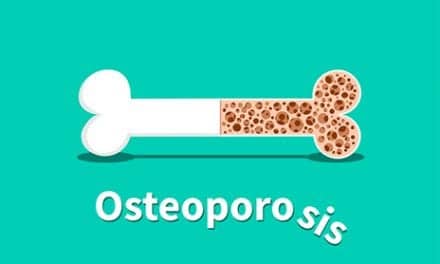The SanBio Group (SanBio Co Ltd and SanBio Inc) recently shared positive results from the STEMTRA Phase 2 trial evaluating the efficacy and safety of SB623, a stem cell treatment developed to aid chronic motor deficit from traumatic brain injury (TBI).
According to the results, presented recently at the American Association of Neurological Surgeons (AANS) annual scientific meeting, SB623 met its primary endpoint, with patients treated with SB623 achieving an average 8.7 point improvement from baseline in the FMMS, versus 2.4 in the control group, at 24 weeks, a media release from Tokyo and Mountain View, Calif-based SanBio Inc reports.
SB623 is an investigational product made from modified and cultured adult bone marrow-derived mesenchymal stem cells that undergo temporary genetic modification. Implantation of SB623 cells into injured nerve tissue in the brain is expected to trigger the brain’s natural regenerative ability to recover lost motor functions.
“Traumatic brain injury is among the most common health conditions faced worldwide, yet its devastating and long-lasting effects are often overlooked and underestimated,” says David O. Okonkwo, MD, PhD, professor of neurological surgery and director of the Neurotrauma Clinical Trials Center (NCTC) at the University of Pittsburgh, in a media release.
“The results of this study are truly groundbreaking, demonstrating the possibility of regenerating the brain following injury—a finding that could have significant implications for research in traumatic brain injury and other brain diseases.”
The clinical study included a total of 61 patients, 46 of whom were treated with SB623 and 15 underwent sham surgery as a control group. Improvement was measured by the change from baseline in the Fugl-Meyer Motor Scale (FMMS) score. This scale measures changes in motor impairment, and a 10 or more point improvement has been considered a clinically meaningful threshold in the context of acquired brain injury.
Of patients treated with SB623, 18 (39.1%) reached this threshold compared to one control patient (6.7%). This difference was statistically significant (p=0.044).
No new safety signals were identified. The most commonly reported adverse event were headaches, and 34.4% of patients treated with SB623 had headache up to 7 days after surgery. There were no significant differences in the rate of adverse events between patients treated with SB623 and placebo (p=0.25), the release explains.
“These data are the first in the world to demonstrate the possibility of a stem cell treatment that may regenerate brain cells following traumatic brain injury, which affects thousands of people each year and has no underlying cure,” says Keita Mori, chief executive officer at SanBio.
“These results represent a significant step forward in the development of regenerative medicines for neurological disorders, and we are thrilled to be able to share these findings at the largest gathering of brain surgeons in the world.”
SanBio plans to initiate a Phase 3 trial for SB623 for the treatment of chronic motor deficit from TBI by the end of fiscal year ending January 31, 2020. The company is also aiming to submit an application for manufacturing and marketing approval for its TBI program in Japan during the fiscal year ending January 31, 2020 (February 2019–January 2020), using the conditional and term-limited authorization system for regenerative medicine products under the Revised Pharmaceutical Affairs Act of Japan.
[Source(s): SanBio Inc, Business Wire]





